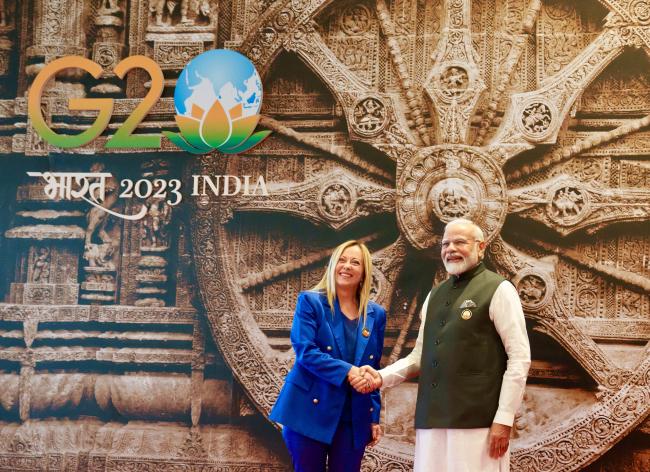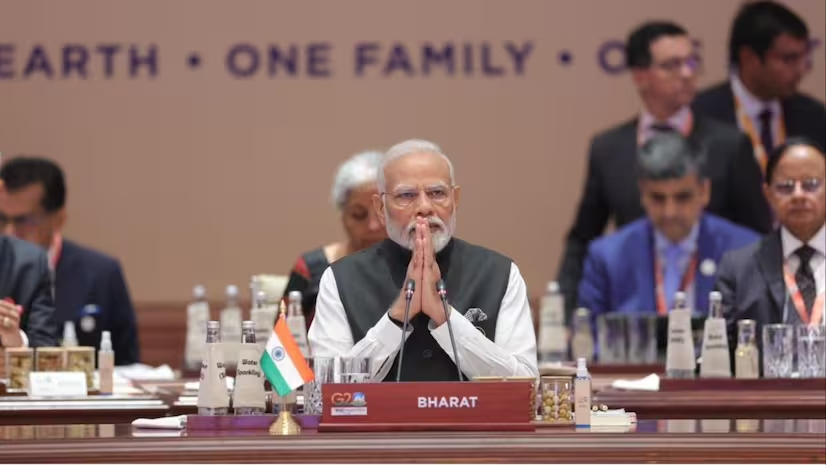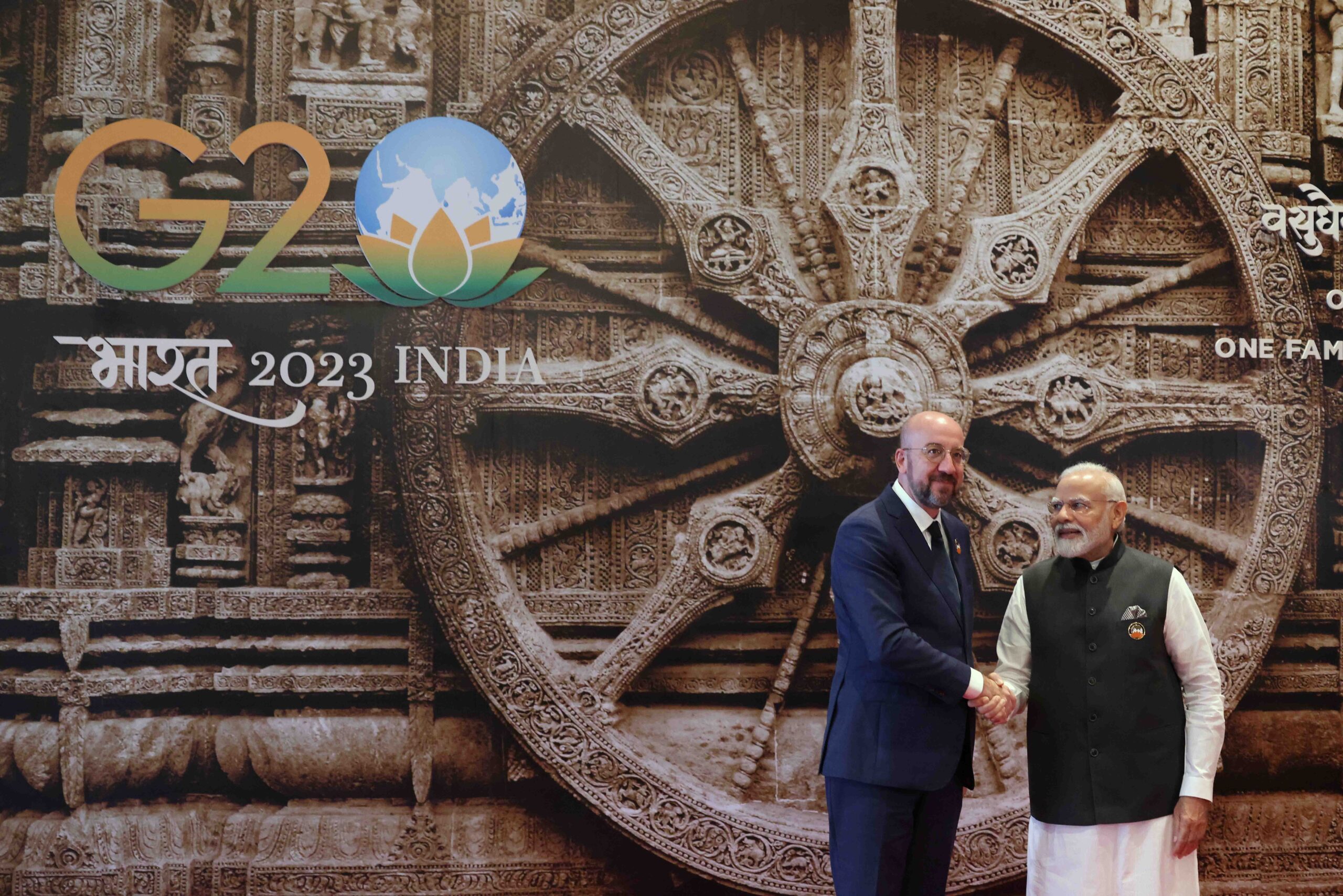India is playing a bigger role in the Global South, a term that refers to developing countries in regions like Asia, Africa, and Latin America. India has long supported these nations, but as its economy and global standing grow, it is now emerging as a key diplomatic leader. Let’s explore how India’s role in the Global South has evolved and why it’s becoming a diplomatic powerhouse.
1. India’s Early Days in the Global South
India’s involvement with the Global South started after gaining independence in 1947. During the Cold War, India became a leading voice in the Non-Aligned Movement (NAM). This movement included countries that did not want to take sides in the conflict between the United States and the Soviet Union. India used its position to promote peace and cooperation among developing nations.
This early leadership laid the foundation for India’s ongoing commitment to the Global South, where it continues to advocate for the rights and interests of developing countries.
2. India’s Growing Economy
India’s economy has been expanding rapidly, making it one of the largest economies in the world. This growth has allowed India to take a stronger role in global trade and international relations. Many countries in the Global South now look to India as a partner for trade, investment, and development.
India also helps developing nations through various programs and initiatives. For example, the Indian Technical and Economic Cooperation (ITEC) program provides training and technology support to countries in Asia, Africa, and Latin America. Through these efforts, India is building stronger ties with other developing nations.
3. India and Climate Change
India has become a strong voice for the Global South on climate change issues. At international climate conferences, India has consistently pushed for “climate justice.” This means that wealthy nations, which have historically contributed more to climate change, should take on more responsibility in fighting it.
India argues that developing countries, which are often the most affected by climate change, should not have to bear the same burden as richer nations. By speaking out for the Global South on this issue, India has earned respect and support from many other developing countries.
4. India’s Leadership in the G20
India’s presidency of the G20 in 2023 was a significant moment for its leadership in the Global South. The G20 is a group of the world’s largest economies, and India used its leadership position to highlight the concerns of developing nations.
India called for fair access to COVID-19 vaccines, debt relief for poor countries, and reforms to global institutions like the United Nations. By pushing these issues to the forefront, India showed that it is committed to representing the voices of the Global South on the global stage.

5. Balancing Relations with Major Powers
India’s strength as a diplomatic leader comes from its ability to maintain good relations with both developed and developing nations. India has close ties with Western countries like the United States, as seen in its participation in the Quad (a security dialogue with the US, Japan, and Australia). At the same time, India maintains good relationships with countries like Russia and China, which allows it to act as a bridge between different global powers.
This balancing act helps India represent the interests of the Global South in complex global discussions, giving it a unique diplomatic position.
6. Opportunities for India
However, India also has many opportunities. Its ability to connect with both developing and developed countries puts it in a strong position to push for changes in global systems, like trade rules and international organizations, that benefit the Global South.
India’s role in the Global South is growing stronger as it continues to advocate for the rights and interests of developing nations. With its growing economy, leadership on climate change, and diplomatic balancing, India is becoming a true powerhouse for the Global South. As global dynamics shift, India’s leadership will be crucial in shaping the future of international relations for developing countries.


